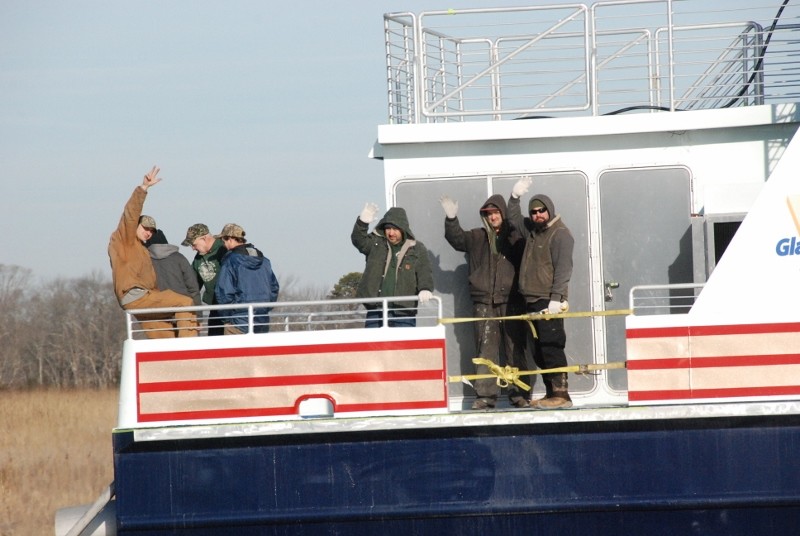A customer contacted us recently to find out if he had coverage for rental cars driven by his crewmembers. This led to more questions, including the insurance agent’s favorite response: “Maybe, depends on what you are doing. Let’s talk about it.”
The insured only had a commercial hull with P&I policy. I explained that if his crew were using the vehicle to run errands for the boat − in service to the ship − then there could be coverage for remedies should the crewmember be injured while driving. But should the crewmember be involved in an accident, there would be no coverage for any damage to the vehicle or for third party damages.
This would fall under vehicles coverage.
There are several ways to take care of this with a rented vehicle. The first is to take the coverages offered by the rental company. While no one likes to have extra fees added to an already expensive bill, this is often the easiest solution should there be an accident. Adding “hired and non-owned auto” coverage is another solution. While there would be no coverage for damage to the rented vehicle or the employee driving it, there would be coverage for the vehicle hit or the driver of that car.
The non-owned portion of this coverage comes into play when an employee uses their personal vehicle for company work. While the insurance on the vehicle is primary, if the claim exceeds the limits the employee has, then the non-owned coverage would kick in. Also, if your business ends up being dragged into the claim and you get sued, then your non-owned coverage will respond as well.
Hired and non-owned auto can usually be added to a liability policy, an existing commercial auto policy or, if needed, written as a policy.
Another area to consider are trailers owned by the business. These need to be specifically listed on a commercial automobile policy for liability coverage to respond. And remember that the liability of the trailer follows whatever vehicle it is attached to. If you have an employee towing a company-owned trailer with his or her personal vehicle and the trailer causes a claim, then the employee’s insurance will be the primary coverage.
Having an employee run down to the marine supply store in their own vehicle sounds simple, but it can leave you vulnerable to unforeseen risks.




